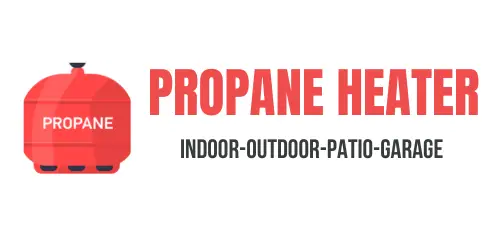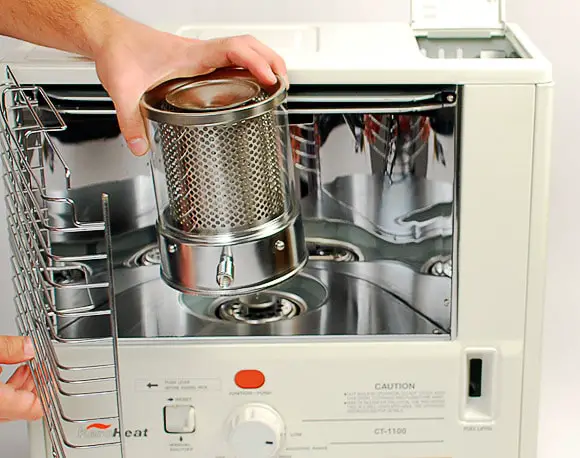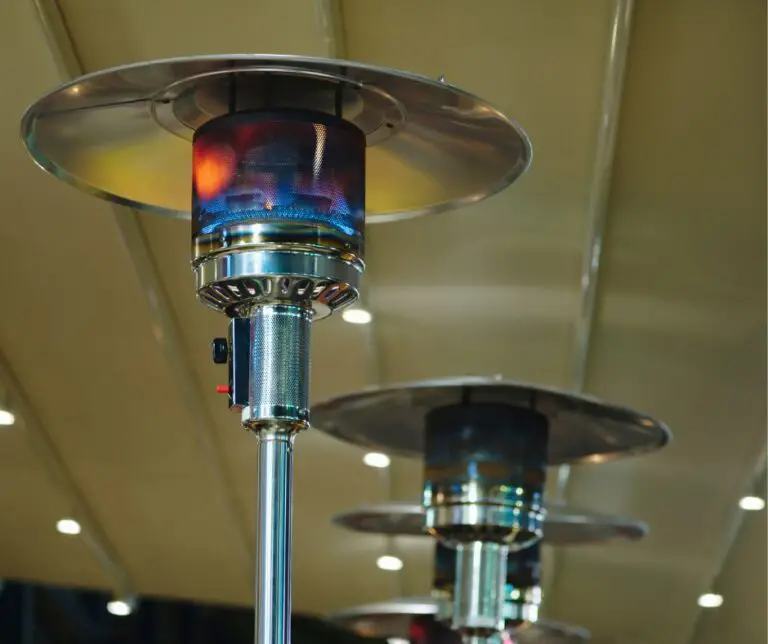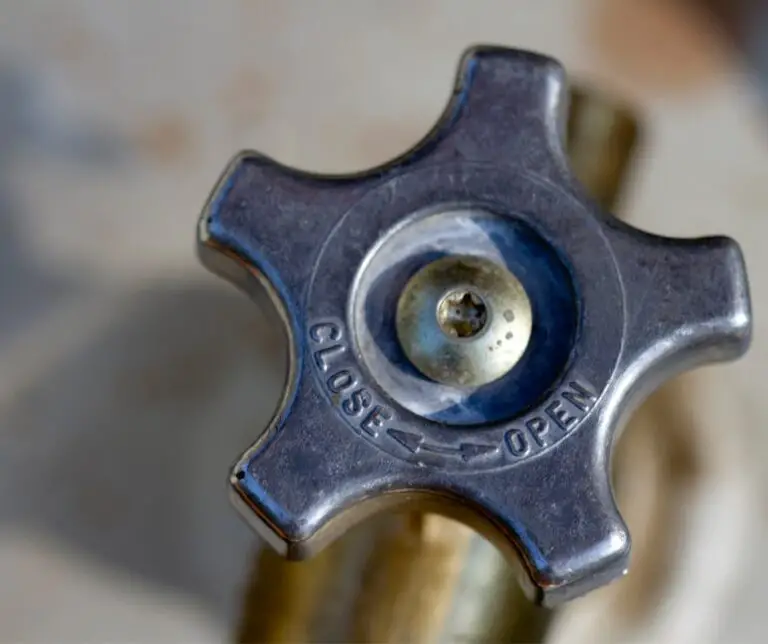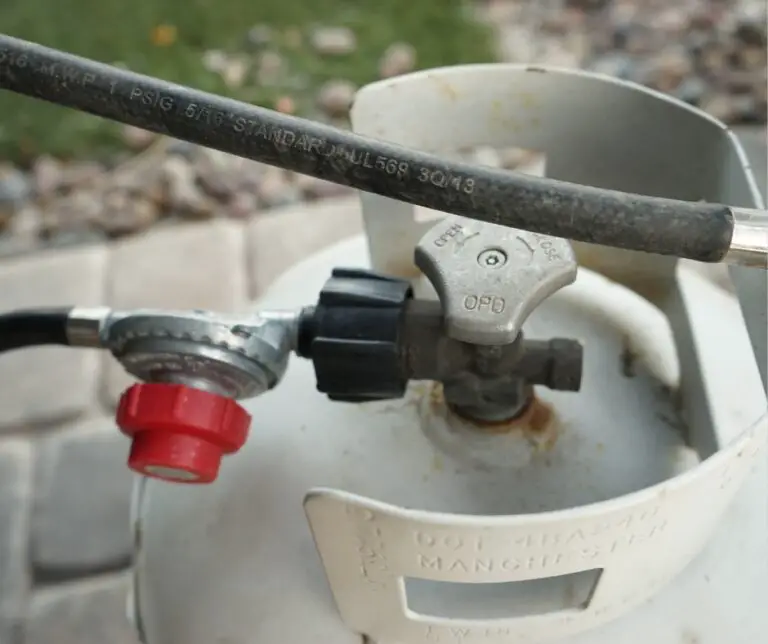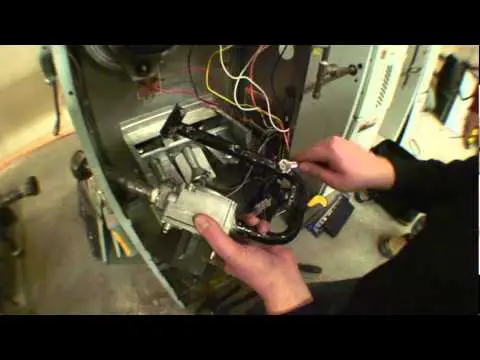
Propane gas is a big point of selling when you purchase a house. It’s the fuel of preference for an increasing number of households, as an accessible, safer option to gasoline. Propane heat is cheaper than energy and more powerful than natural gas which you can search for while hunting in the kitchen. Here we discuss some major checklist to consider that you need to think about when buying Propane home heating.
1. Keep Clutter Tank Clear
Your propane tank requires lots of room so ensure things are, piled around it — especially flammable material, such as papers or textiles, or something that could ignite. Scoop up any leaves close the tank in the autumn and keep grass clippings and other debris aside from it in the spring.
2. Install Monoxide Smoke and Carbon Detectors
In any housing developments after 2008. Particularly if your home was constructed before 2008, you may want to add CO detectors on each side of the building, and near living areas, as well as smoke detectors. Since carbon dioxide is a colorless gas, you ought to get an alarm that will be let you realize when it’s higher than it should be in your house.
3. Learn the Owner’s Guide
The owner’s propane tank guide can give you lots of detailed information about how best to care for your propane tank as well as how to boost its safety. The manual should let you know what to do when a leak or other dangerous condition occurs. In case of an accident or to rebuild the tank, the manual would most definitely suggest calling a professional propane expert or accident responder.
4. Pay much attention to the Pilot Light
Your propane heating device can have a pilot light, a tiny flame that is continuously burning. The pilot light will remain lit and not go out while the device is working properly.
5. Grasp What If You Smell Gas
Secondly, you ought to learn how to detect propane gas. Then, if you or anyone else in your home notices the smell you need to understand what you should do. As if it was rotting, the easiest way to explain the odor of propane gas. Manufacturers then apply the scent to the gas for protection.
6. Have you serviced your Propane Tank periodically?
Every day check and repairs on your propane tank is important. Your propane manufacturer will inspect the tank and will inform you of any changes or modifications.
7. Propane tanks test after any storms
Some other storms can trigger leaves to build up around your propane tank and some can trigger piles of snow, or block of ice around your tank. During a storm, snow may need to be brushed away so that winds and valves are open. To do so, using a broom instead of a shovel to remove snow and other obstacles from your propane tank and unit.
So, if you’ve recently moved into town and are taking into consideration buying a home, you could have questions about this common source of heat. Below are only a few questions you may like to know while contemplating a propane-heat house.
Frequently Asked Question

I am Richard A. Jackson man behind propane heating solution, An HVAC expert working as a team lead of the heating department, Provide services all over the USA (around all major cities), and from planning to implementation, you will get all your solution here. We provide various tanks (propane and other natural gases) and deal with disposable waste.
